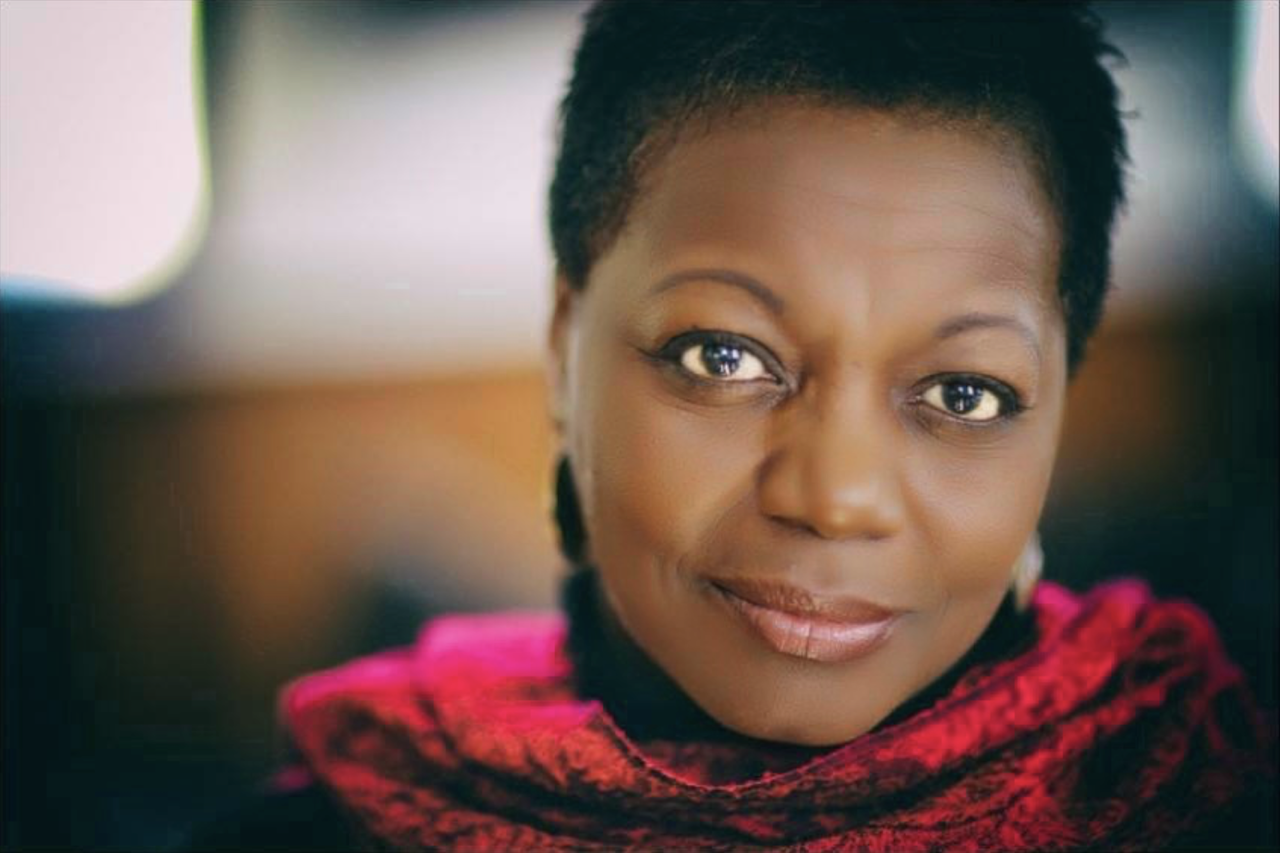Our Right to Heal – Marva Wisdom, Canada
‘What will you do to change?’ asks fundraising consultant Marva Wisdom in this powerful piece. Part of the Our Right to Heal series from The Association of Fundraising Professionals (AFP), this article looks at the lack of diversity in fundraising and confronts us with our need to do more.
- Written by
- Marva Wisdom
- Added
- October 29, 2020

‘Mining the Treasure and Talent of Our Rich Diversity’ was the theme around which I framed my keynote speech at the 2016 Association of Fundraising Professionals (AFP) Greater Toronto Chapter’s Congress.
As I continue my personal and professional journey to engage in work that contributes to a more inclusive world, I wish I could say that it is in reflection that I am confronted. But I cannot, because daily I am resisting inequality, and this is what propels me.
It is a heavy burden, and I hoped the sense of urgency would diminish with time as the collective experience of Black people became more familiar through research studies, compelling stories and our own witnessing of the devastating cost of racism and the many other isms disproportionately impacting people of colour.
We consume information daily, whether presented formally through publicly accessible and referenced research, such as the Black Experience Project of the Greater Toronto Area informally on social media, or elsewhere. Yet, within our institutions and in our daily interactions, we turn a blind eye to changes that must be made. We secure our leadership positions for those we feel are familiar and will be gatekeepers for the status quo.
This malaise and lack of empathy is at the core of the continued crisis devastating our communities. My heavy burden is this: The adverse impact of exclusion on the next generation’s mental and physical health cannot go ignored any longer.
In my experience, the election and/or selection of leaders in the fundraising profession has contributed to this discomfort. The current leadership’s perception of who has treasure and talent to be mined is flawed.
To be clear, this is not unique to fundraising. However, the sector is well positioned to lead and shift this culture. The philanthropic sector is in a position to elevate peoples’ stories, whether someone is at their most vulnerable or their highest point of success, in good health or poor, active in a career or retired, with needs or living in excess. Why not chart a path that demonstrates exemplary leadership? This is an invitation, as the wise saying goes, to ‘see in others a fullness to be discovered rather than emptiness to be filled’. This change would, in turn, change the sector.
I have had the privilege – and yes, much of it has come from planning and preparation - to go from my first job at McDonald’s as a teenager in high school to a prime ministerial appointment and seeking elected office. I eventually started my consultancy in leadership and inclusion, prompted by leaders who attempted to thwart my opportunities to secure paid leadership positions.
These experiences were crushing, whether they were in the form of obstacles naturally occurring in my path, barriers that others placed along that path to keep me out, or fences put up to keep me in. I have experienced them all. These became, as Noel M. Tichy writes in The Cycle of Leadership, ‘teachable moments that required me to shift my mental model in order to survive and thrive.’
My success came with the support of mentors and allies who provided me an outlet, broke through my barriers and lowered some fences for me to make my way. They continue to help me heal from the fiery darts of exclusion and oppression.
Now, you might say that everyone encounters barriers and obstacles, and you would be right. But when they come in the form of racism, whether systemic, interpersonal, micro-aggressive or otherwise, they can be devastating and, depending on the support available to the individual or group, debilitating.
If race is a social construct, and the ensuing divide is a politically convenient way to keep power and privilege away from certain groups – and then to enact policies and display behaviours hostile to those groups and individuals – how can we expect to thrive? Research consistently demonstrates the social and economic benefits of equity and inclusion. What are we waiting for? What is our obstacle? What if we mine the talent and treasure within our diversity? What if we are deliberate about being inclusive, fostering belonging and leading with empathy?
The time is now. We have the means, information, opportunity and an ever-increasing chorus reminding us that the status quo is no longer acceptable.
What will you do to change?
In this interview from June 7th2020, Marva discusses the protests against anti-Black racism around the world.
Marva Wisdom is a committed leader who profoundly believes in the importance of building inclusive spaces where we feel that sense of belonging. With this recognition and as a part of her journey, she established Wisdom Consulting more than a decade ago. She inspires her clients, whether local, national or international, with the tools they need to facilitate meaningful growth through promising practices in leadership, active engagement, equity and inclusion.
Marva holds a Master’s of Leadership from the University of Guelph and is a senior fellow at the Munk School of Global Affairs and Public Policy at the University of Toronto. She is a keynote speaker, lecturer, commentator, community-engaged-researcher and fundraiser working in the areas of leadership, equity and inclusion.
Note: This article was originally published by AFP. We would like to thank Marva Wisdom and AFP for allowing us to include this wonderful piece on SOFII. The full collection of Our Right to Heal Bright Papers can be found here.
You can also learn more about the project here, or read the second entry, by Fatou Jammeh, here.

















